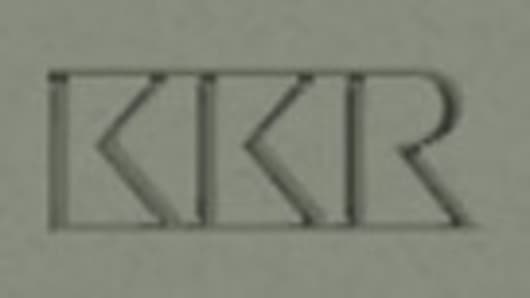Video: CNBC's David Faber discusses KKR's announcement that it lost $1.2 billion last year.
From the overview we learn that KKR had an adjusted pre-tax loss of $1.19 billion in 2008 while its assets under management dropped by 11 percent. The firm still has $15 billion in capital it has yet to invest in deals. Given that private equity can’t get financing for deals of more than $2 billion if they’re lucky, it could be a while until KKR works off all that capital. PE firms exists to raise money for new funds, reap the fees from those funds and quickly deploy and return the capital raised.
It’s fair to say that right now the model isn’t working that well.
And that’s because of what may be the most interesting part of KKR’s presentation. The unrealized losses it’s taken on all those investments it made during the LBO crazed days of 2005-2007.
When it first filed to go public last July, KKR simply listed the cost of its top ten deals. Now, it’s giving us its best estimate of what those equity investments are worth and it isn’t pretty. What’s more, it is far from clear that KKR’s marks are in any way reflective of what its equity stakes are worth. Certainly they are not worth what KKR says they are would there be a need to sell them today. Luckily for KKR it doesn’t need to exit these investments anytime soon.
Still it is worth noting that its deal to acquire First Data in September of 2007 which cost $2.325 billion is now worth almost a billion less at $1.395 billion or that the world’s biggest private equity deal, the acquisition of TXU has seen the value of KKR’s equity stake decline by exactly 50 percent from $1.817 billion to $908 million.
There are plenty of other investors in deals like these that have their equity marked quite differently…sometimes higher and often lower. Only time will tell whether those marks were right or wrong.
___________________________
_____________________________
Questions? Comments? Write to faberreport@cnbc.com.



